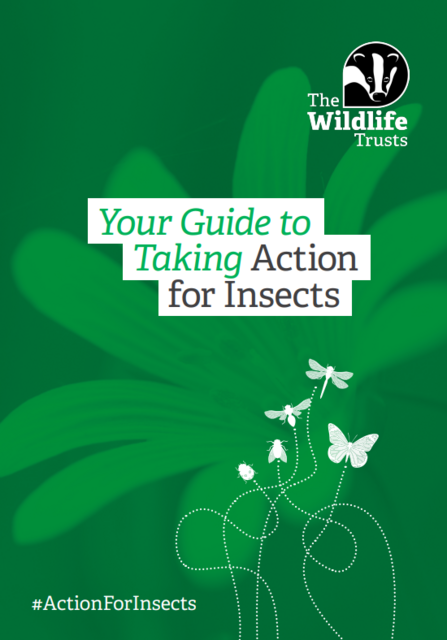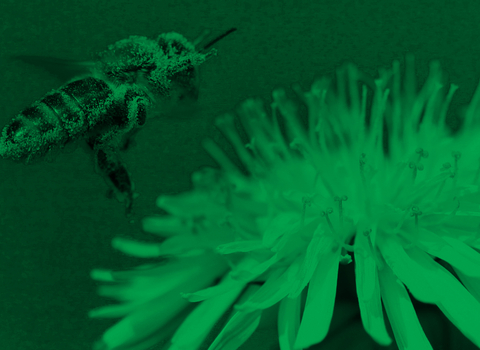Today, 41% of insects face extinction. BUT it's not too late. You can take action today, and we're here to help with a free guide!

Complete the form below to receive a FREE downloadable Action for Insects guide with all the information and support you need to start helping insects where you live - including tips on insect-friendly gardening, going chemical-free and small actions that can make a big difference.
Request your free guide
Did you know?
- A third of all the food crops that we grow need insects to pollinate them
- 87% of all our plants are pollinated by animals - and most of this is delivered by insects
- Without insects, we risk ecological collapse - putting in danger multitudes of birds, bats, reptiles, amphibians, small mammals and fish that rely on insects for food.
More information
Listen to why you should get involved or read our report, Reversing the Decline of Insects, by Professor David Goulson.

